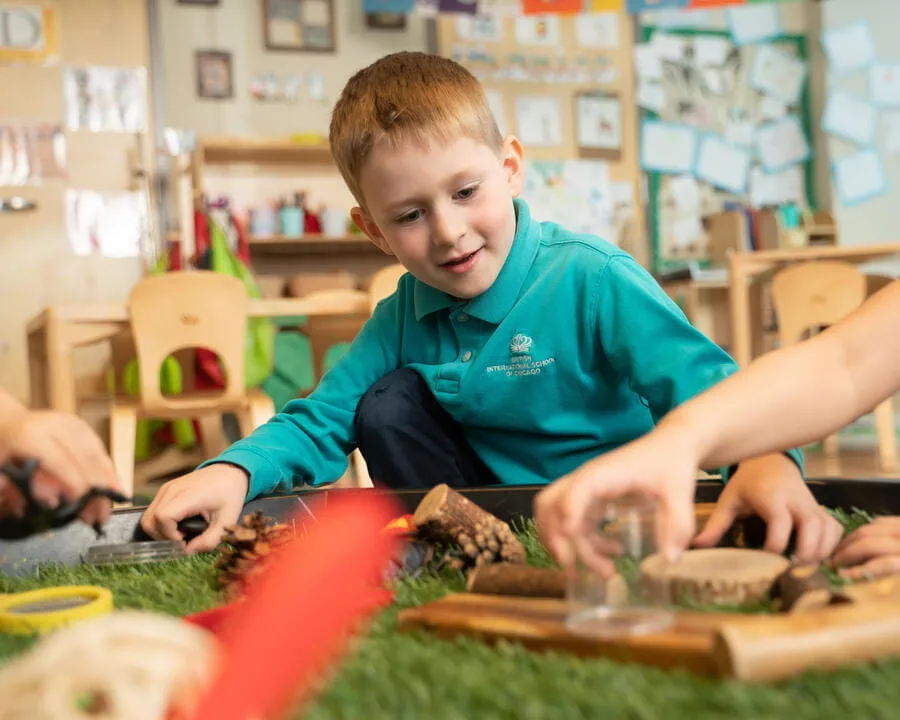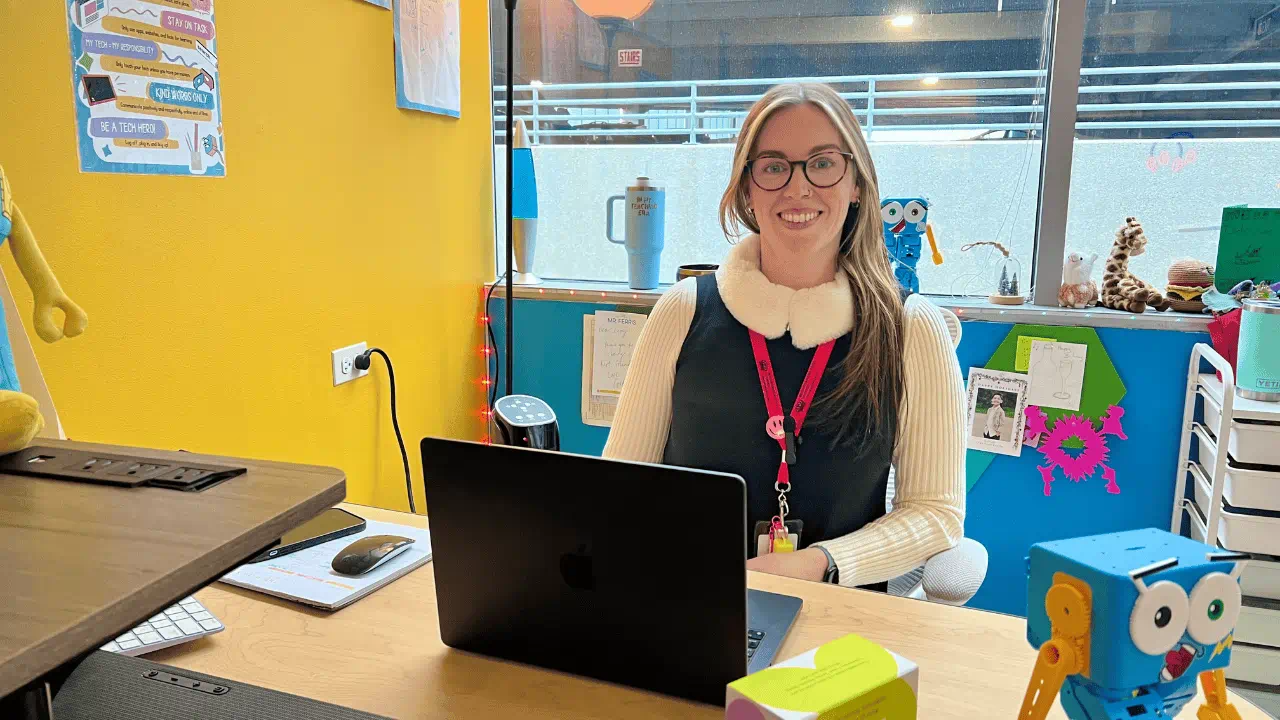The world today is vastly different from the one many of us grew up in. Smartphones, artificial intelligence, renewable energy, robotics, and space exploration have transformed the way we live, work, and communicate. Many of the skills children need now, such as coding, data analysis, design thinking, and problem-solving, did not even exist or weren’t widely relevant a generation ago.
Learning to Solve Problems that Didn’t Exist Before
Think about the technologies shaping our lives today. Self-driving cars rely on coding, sensors, and math. Renewable energy projects like solar and wind farms require engineering, scientific knowledge, and innovative design. Even everyday tools such as voice-activated assistants and smart devices combine technology, creativity, and analytical thinking.
STEAM education prepares children to engage with these realities. It teaches them to ask questions, test ideas, and find solutions in situations that might not yet exist. By learning how to experiment, iterate, and collaborate from an early age, children develop the mindset necessary to tackle future challenges—whether it’s inventing new technology, solving environmental problems, or designing creative solutions for communities.
Integrating Creativity
While science and technology are critical, creativity is equally important. Innovation often happens at the intersection of imagination and technical knowledge. Many of today’s breakthroughs, like virtual reality experiences, sustainable architecture, or wearable technology, require both creative thinking and technical skill.
By including the Arts in STEM to make STEAM, primary education encourages children to combine imagination with analysis. When children design robots, code simple games, or create interactive art projects, they learn that creativity is not separate from logic—it powers it. They also gain confidence in experimenting and thinking outside the box, skills that are indispensable in a world that rewards innovation.

Collaboration and Communication in a Connected World
Children today are growing up in a globally connected environment. Collaboration, communication, and teamwork are no longer optional skills, they are essential. Many STEAM projects involve working in teams, sharing ideas, and learning from different perspectives.
For example, children might work together to build a model city that incorporates sustainable energy solutions, requiring them to plan, solve problems, and negotiate decisions. These experiences teach them not only technical skills but also empathy, communication, and the ability to work effectively with others.
Preparing for a Future We Can Only Imagine
The pace of change in today’s world means the jobs and challenges of tomorrow will look very different. Children may one day work with artificial intelligence, design sustainable cities, or create technologies we can’t yet imagine. STEAM education equips them with adaptable skills that apply across any field.
Primary school is the ideal time to begin. Young children are naturally curious and eager to experiment; early exposure builds confidence in new ideas, fosters a growth mindset, and helps them uncover interests they can carry into later years.

STEAM at BISCLP
At BISCLP, a four-person team of specialist STEAM teachers integrates Science, Technology, Engineering, Arts, and Math in meaningful, engaging ways from Pre-Nursery through Year 6. Through our collaboration with MIT, we can also introduce exciting projects to make learning hands-on, challenging, and relevant to the modern world.
Our focus goes beyond teaching skills—we nurture curiosity, resilience, and creative problem-solving so children can understand the world and imagine solutions to problems that don’t yet exist. Parents can support this journey at home by encouraging questions, exploring everyday problems together, and treating mistakes as opportunities to learn.
STEAM is more than a set of subjects; it is a mindset for shaping the future. By inspiring children to explore, create, and innovate, we are not only preparing them for an unpredictable world, but also empowering them to build it.
Libby Hopwood
Director of STEAM



.png?h=788&iar=0&w=940&rev=a18396a958584069a1cffa406f4ceb31&hash=D4093E8606B07A15BA4A2E2142B137F7)



.png?h=720&iar=0&w=1280&rev=090f6aaff5c74988877e2316da2721d6&hash=9F6607FE7CEF7D53B17FB2A670C742F3)

.png?h=720&iar=0&w=1280&rev=2320179e8a134c80a30f57aa0014926d&hash=C88687BFC84BE1EAFF593CD797B94013)
